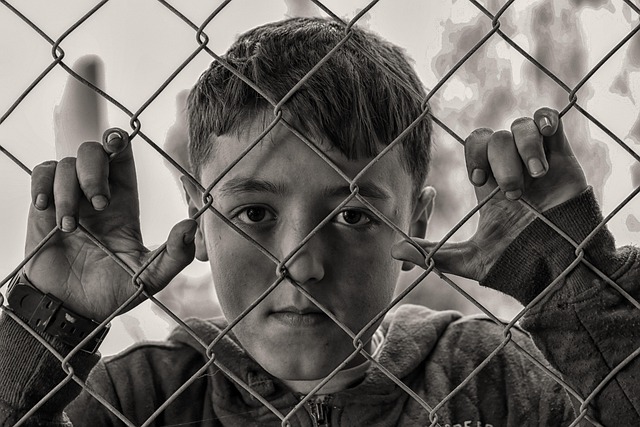In the fast-paced world of competitive gaming, the spotlight often shines on skill, strategy, and reflexes. However, an equally pivotal yet less discussed aspect is the influence of emotional intelligence (EI) on players’ performances and interactions within eSports. This dimension, often overshadowed by technical prowess, can significantly impact both individual and team success.
Emotional intelligence is the ability to recognize, understand, and manage our own emotions while also empathizing with others. In competitive gaming environments, where the stakes are high and tension runs deep, having strong emotional intelligence can be a game changer. Players with high EI are often more adept at handling stress and pressure, which can lead to better performance under the intense scrutiny of competitions.
Consider the synergy required in team-based games like Dota 2 or League of Legends. Success in these games requires not only individual skill but also effective collaboration. Teams composed of emotionally intelligent players are more likely to communicate openly, resolve conflicts quickly, and maintain a positive atmosphere, which can enhance overall performance. A player who can stay calm and motivate teammates during a critical match is invaluable. They can turn the tide through encouragement and support, keeping spirits high in moments of adversity.
Moreover, emotional intelligence becomes essential during the pressures of tournaments. With large crowds and the weight of expectations, players often face anxiety that can distract from their gameplay. Those equipped with emotional tools can recognize their anxiety, regulate their emotional responses, and harness these feelings to enhance focus rather than detract from it. This emotional regulation is what helps top-tier players stay sharp and consistent, even when the stakes are at their highest.
The impact of emotional intelligence extends beyond the game itself. Players who exhibit high EI tend to build better relationships with fans and sponsors. Their ability to connect on a personal level can lead to devoted followings, crucial for those aspiring to make a mark in the eSports landscape. Gamers who share their emotional experiences invite empathy and camaraderie, fostering a sense of community within the gaming world.
Yet, mastering emotional intelligence is not an overnight task; it requires deliberate practice and self-reflection. Players can enhance their EI through various methods, such as mindfulness practices, team-building activities, and open discussions regarding emotions and mental health within their teams. By prioritizing this aspect of development, they not only improve their performance but also contribute to a healthier gaming culture.
As we delve deeper into the realms of gaming and eSports, it’s essential to recognize that emotional intelligence is not merely an ancillary skill but rather a core component of competitive success. Embracing our emotions, understanding their role in gameplay, and utilizing emotional insights can elevate players and teams to new heights in the fiercely competitive landscape of gaming.




